5 Useless Body Parts Humans Can Live Without, Really?
human·@lavanyalakshman·
0.000 HBD5 Useless Body Parts Humans Can Live Without, Really?
Over time as animals evolve certain body parts may become degenerate or useless. For example did you know that whales actually have hind leg bones these now useless body parts. That once had a purpose are called vestigial structures and believe it or not you humans have them too. Probably one of the most well known and hated this digital structures in humans is wisdom teeth.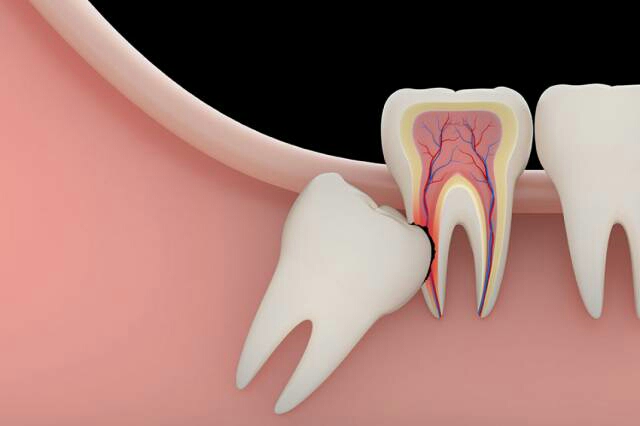 Humans to lose a lot of teeth but with modern processed food that normally doesn't happen and wisdom teeth end up becoming more of a nuisance than helpful. So typically they're removed from the mouth to prevent any unnecessary pain and you get the awesome bonus of being loopy and looking like a chipmunk. Another vestigial structure that humans like to remove is the appendix. This is a small pouch attached to the large intestine where it meets the small intestine. 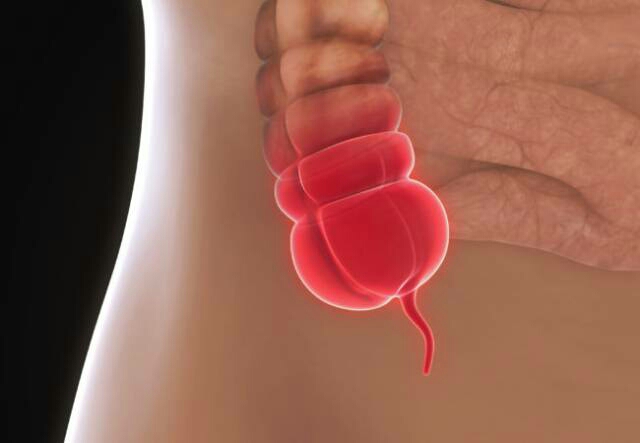 Your primate ancestors used it to digest cellulose rich plants like leaves. Nowadays the appendix is thought to contain helpful bacteria that can aid in digestion. Here's a fun fact, did you know that as babies form inside the womb they momentarily have a tail it's true. Your Tail-bone which is located at the end of your spine sticks out and forms a mini tail. 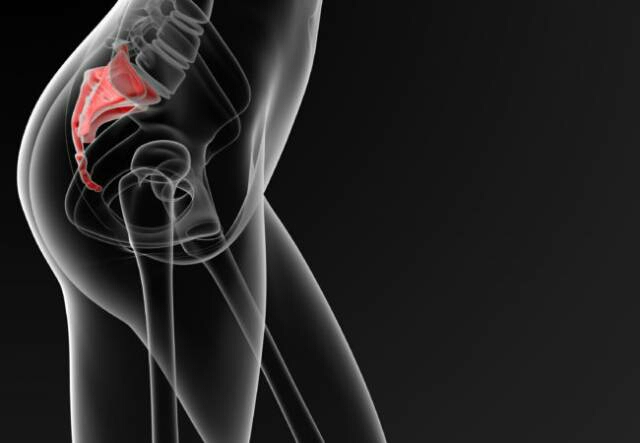 This normally gets absorbed but this addition to the human skeleton shows that your early ancestors once had tails. These eventually became useless throughout the course of human evolution. 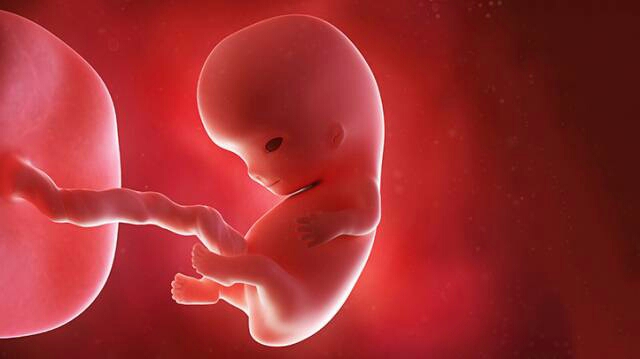 But if a Y chromosome is present the fetus will produce testosterone and develop into a biological. I was born with no nipples so to be honest I have no idea what the heck. I am lastly and quite possibly the coolest vestigial structure in humans. Your third eyelid look in the mirror and find that little flap of tissue in the inner corner of your eye. 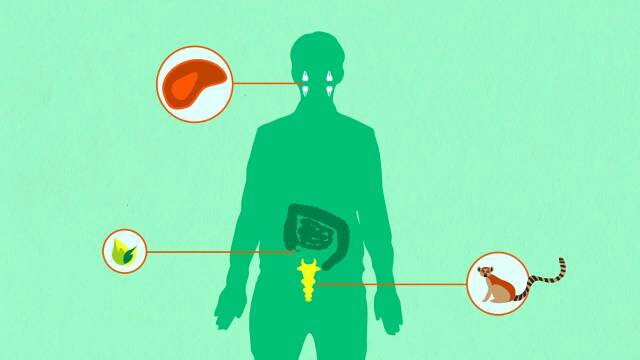 These body parts might be useless but there are some body parts that you simply cannot live without it. 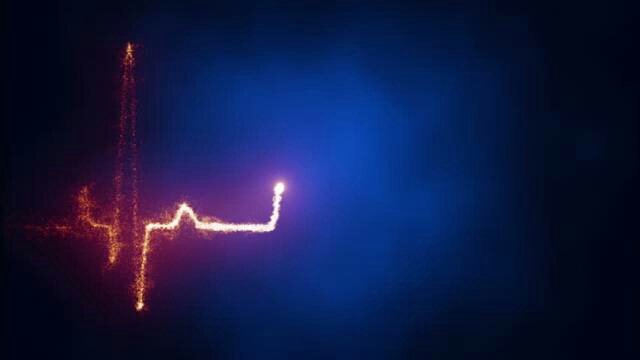 Beats around 100,000 times a day that's more than 2.5 billion times in the average lifetime this is the heart.